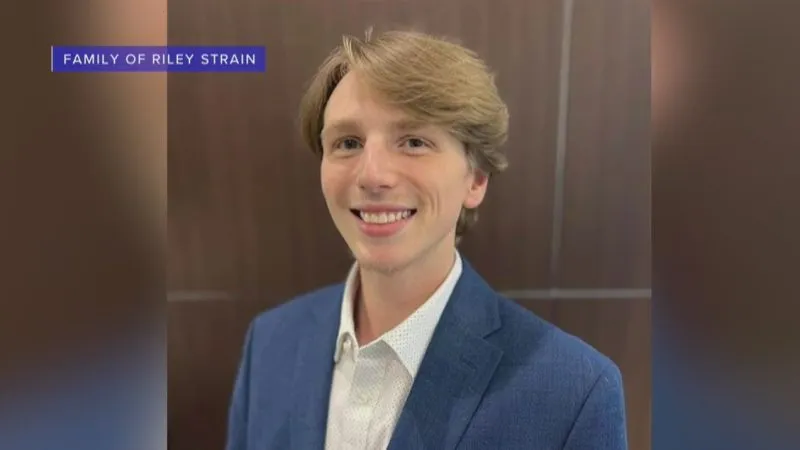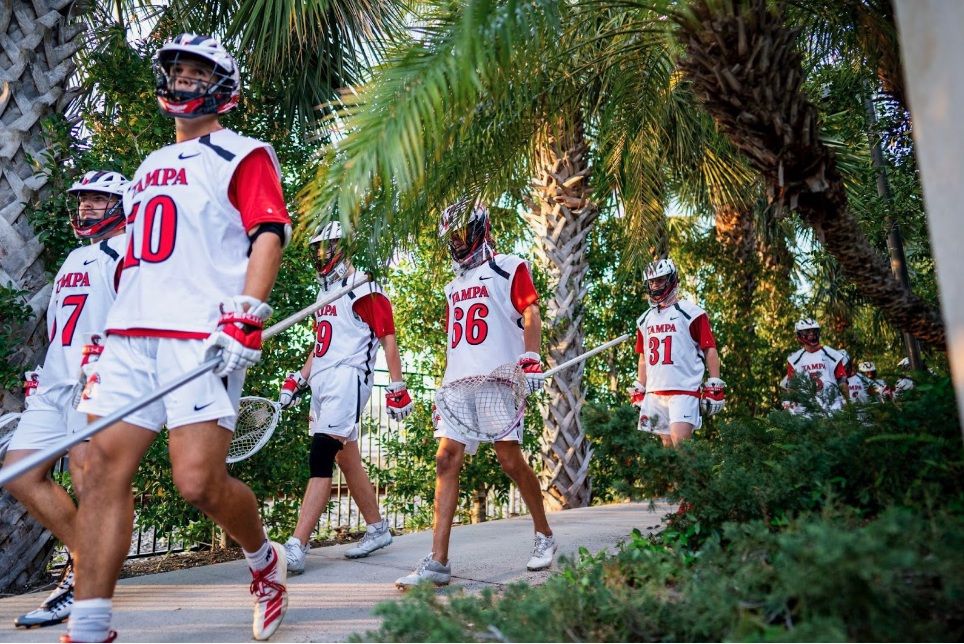By Samantha Minnehan
Since mid-March in the U.S., social distancing has been recommended by the government as a method to stop the spread of COVID-19, which has become an international pandemic. Social distancing has caused the closure of many businesses and events in an attempt to keep people away from each other but, has resulted in shortage of blood donations due to the fact that many of the places where blood drives are normally set up have been closed.
Social distancing according to the Centers for Disease Control and Prevention (CDC’s) definition is “remaining out of congregate settings, avoiding mass gatherings, and maintaining distance (approximately 6 feet or 2 meters) from others when possible.”
In an attempt to enforce social distancing, peoples’ ways of life have been subject to many changes as a result of closure and other mandates determined by the government on a federal, state, and local level. People are experiencing extended periods of absence of work, non-essential businesses are closing, restaurants are takeout only, classes have been moved to online, and many public places such as beaches and parks have been closed.
Sarah Magri a New York State licensed medical technologist working at the Strong Memorial Hospital Transfusion Medicine and Blood Bank was able to speak about the current shortage that is being experienced across the country due to social distancing.
Magri said, “because of the coronavirus outbreak, they have closed a lot of facilities, such as schools, you know, places of employment where blood drives are usually being held and because those places of employment and schools and stuff where these blood drives are normally held, are now closed, the blood drives can’t be held in these locations, so a lot of blood that was supposed to be collected has not and now we have fallen on a blood shortage.”
One of the major places blood drives are hosted are at highschools and colleges, due to the fact there are thousands of schools with thousands of students across the country. The University of Tampa hosts blood drives for OneBlood’s Big Red Buses. These buses come in front of the Sykes College of Business Building multiple times a semester and give students all over campus the opportunity to donate blood before and after classes. This is also the case for many colleges across the U.S. College campuses provide an ideal hosting set up for blood drives because hundreds of eligible students walk past these pop up drives in a single day.
Schools are incentivised to host blood drives not only to save lives, but also because it provides their students volunteer and networking opportunities multiple times a year. COVID-19 has directly impacted the amount of blood donations due to blood drives no longer being hosted on school campuses and has caused a blood shortage amongst the medical community.
This shortage of blood donations has had rippling effects on the capabilities of medical institutions. Magri said “as a result of the coronavirus and its effect on blood donations many elective surgeries have been cancelled.” She also said how the demand for blood has not decreased despite social distancing as a result of groups of people who depend on regular transfusions like cancer and sickle cell patients.
“People come to the hospital for infusion appointments; infusion means they get a transfusion of blood, and they could have cancer, but they’re well enough to not be hospitalized, and they may have to come every day, they may have to come every other day, or once a week,” said Magri. “They can get transfused with red cells, or platelets– usually also sickle cell patients. These are patients that have a disease which robs them of oxygen in their red cells. So then they rely on transfusions of healthy blood that has an oxygen carrying capability to survive, especially if they go through a crisis. They need lots of transfusions every day. So yes, the need has not gone down whatsoever.”
Social distancing is responsible and encouraged by the CDC, but this doesn’t mean that you can’t donate blood to aid the current shortage .You can still donate blood in Florida through OneBlood at oneblood.org by using their location finder and setting up an appointment or in the Northeastern United States at redcrossblood.org.
Samantha Minnehan can be reached at samantha.minnehan@spartans.ut.edu




